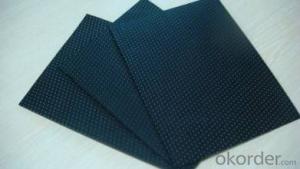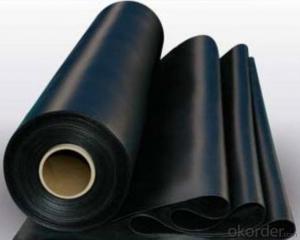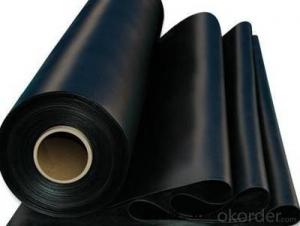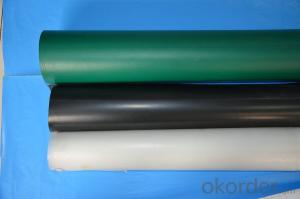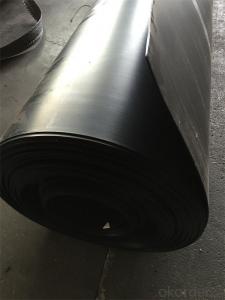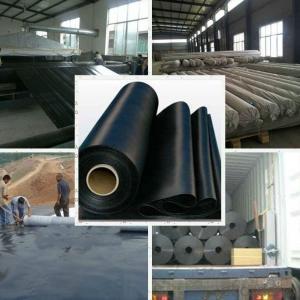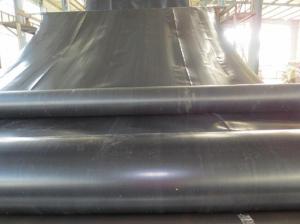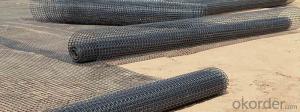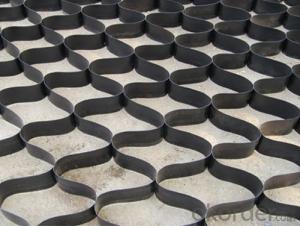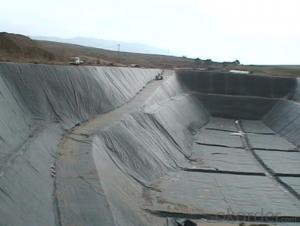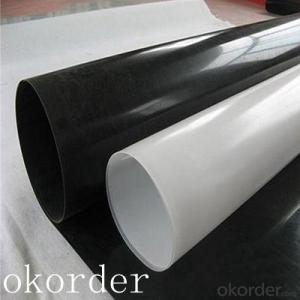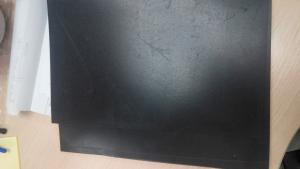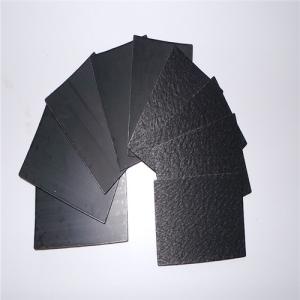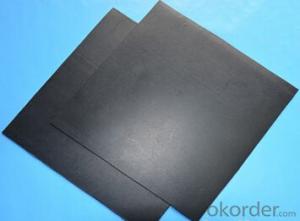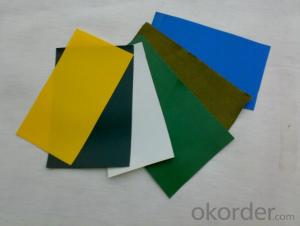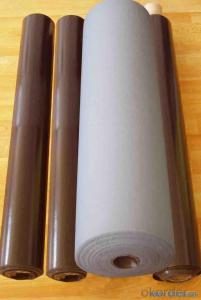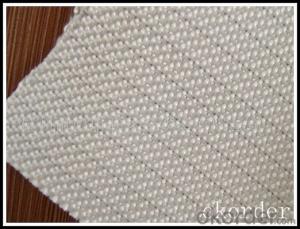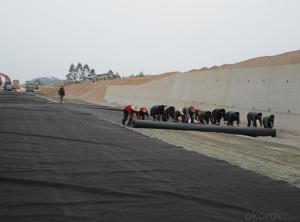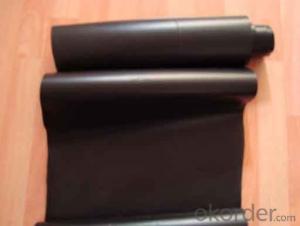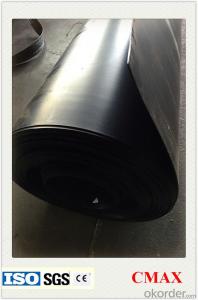All Categories
- - Steel Wire Rod
- - Steel Coils
- - Steel Profiles
- - Steel Pipes
- - Stainless Steel
- - Tinplate
- - Special Steel
- - Steel Sheets
- - Steel Rebars
- - Steel Strips
- - Hot Rolled Steel
- - Cold Rolled Steel
- - Pre-painted Steel
- - Seamless Steel Pipe
- - Welded Steel Pipe
- - Hollow Steel Tubes
- - Galvanized Pipe
- - Stainless Steel Coil
- - Stainless Steel Sheet
- - Stainless Steel Plate
- - Stainless Steel Strips
- - Electrolytic Tinplate Coil
- - Electrolytic Tinplate Sheet
- - Stainless Steel Rebars
- - Solar Panels
- - Solar Water Heater
- - Solar Related Products
- - Solar Inverter
- - Solar Cells
- - Solar Light
- - Solar Energy Systems
- - Solar Controllers
- - Solar Mounting System
- - Solar Pump
- - Solar Chargers
- - Fiberglass Chopped Strand
- - Fiberglass Mesh Cloth
- - Composite Pipes
- - FRP Pultrusion Profiles
- - Fiberglass Mat Tissue
- - Fiberglass Fabrics
- - Fiberglass Mesh
- - Composite Tank
- - Fiberglass Mesh tape
- - Polymer
- - FRP Roofing Panel
- - Fiberglass Roving
- - Monolithic Refractories
- - Ceramic Fiber Products
- - Refractory Bricks
- - Raw Materials For Refractory
- - Suspended Platform
- - Cranes
- - Concrete Machinery
- - Earthmoving Machinery
- - Building Hoist
- - Road Building Machinery
- - Plastic Pipe Fittings
- - Plastic Tubes
- - Plastic Sheets
- - Agricultural Plastic Products
- - Plastic Nets
 All Categories
All Categories
Q & A
What is the relationship between geomembranes and soil compaction?
Geomembranes can play a crucial role in preventing soil compaction. By acting as a barrier between the soil and external factors, such as heavy machinery or water, geomembranes help to distribute loads more evenly, reducing the pressure on the soil. This can help maintain the soil's natural structure and prevent compaction, ensuring its long-term stability and functionality.
Can geomembranes be used in oil and gas industry applications?
Yes, geomembranes can be used in oil and gas industry applications. They are commonly used for containment and storage of chemicals, wastewater, and other hazardous materials. Geomembranes provide an impermeable barrier that helps prevent leaks and contamination, making them suitable for various oil and gas industry needs such as secondary containment systems, pond liners, and tank liners.
What are the considerations for geomembrane installation in areas with high solar radiation?
When installing geomembranes in areas with high solar radiation, several considerations need to be taken into account. Firstly, the choice of geomembrane material becomes crucial as it should have excellent UV stability to withstand prolonged exposure to the sun's rays. Additionally, the installation process should be carried out during cooler periods of the day to minimize the risk of heat damage to the geomembrane. Adequate anchoring and ballasting techniques are also important to prevent any potential uplift caused by thermal expansion. Lastly, regular inspection and maintenance should be implemented to ensure any signs of degradation or damage are identified early on and addressed promptly.
What factors should be considered when selecting a geomembrane?
When selecting a geomembrane, several factors should be considered. Firstly, the type of project and its specific requirements play a crucial role. Considerations such as the intended use, environmental conditions, and anticipated lifespan of the geomembrane are important to determine the appropriate material and thickness. Additionally, factors like chemical resistance, UV stability, and puncture resistance should be evaluated to ensure the geomembrane can withstand the specific site conditions. Construction logistics, installation methods, and budgetary constraints are also key factors to consider when selecting a geomembrane. Overall, a thorough assessment of project requirements, site conditions, and material properties is necessary to make an informed decision.
Wholesale Geomembranes from supplier in Nicaragua
We are a Geomembranes supplier serving the Nicaragua, mainly engaged in the sale, quotation, and technical support services of various Geomembranes products in the Nicaragua region. We are a subsidiary platform of the Fortune Global 500 company CNBM, able to provide you with one-stop Geomembranes procurement services in the Nicaragua. Not only do we have a wide range of Geomembranes products, but after years of market development in the Nicaragua, we can also provide valuable experience for your projects.
